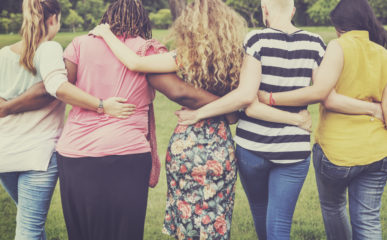
“In the past, Australia has denied travel visas to R&B singer Chris Brown and boxing star Floyd Mayweather due to domestic violence convictions.” Source: https://www.travelandleisure.com/travel-news/australia-bans-travelers-with-domestic-violence-charges Retrieved 8/1019
“On Thursday 28 February 2019 Australian Immigration Minister David Coleman issued a new directive barring anyone with a domestic violence conviction from entering Australia.” Source: http://www.ozkiwi2001.org/2019/03/no-visas-for-domestic-violence-offenders/ Retrieved 8/10/19
“The new Directive applies to decision-makers within the Department of Home Affairs who are considering the cancellation or refusal of a visa under s501 of the Migration Act 1958, or who are considering the revocation of a mandatory cancellation of a visa under s501CA.” Source: http://www.ozkiwi2001.org/2019/03/no-visas-for-domestic-violence-offenders/ Retrieved 8/10/19. Previously, this Migration Act had stated that “a person’s visa must be cancelled if they have been sentenced to 12 months or more in prison.” Source: https://minister.homeaffairs.gov.au/davidcoleman/Pages/govt-introduces-measures-against-domestic-violence-perpetrators-20190303.aspx Retrieved 8/10/19. The new directive is not so forgiving in relation to dealing with convicted perpetrators of Domestic Violence; the type of sentence decided by a foreign court is irrelevant when it comes to Australia’s Department of Home Affairs following the directive.
Basically, David Coleman has decided that “Australia has no tolerance for perpetrators of violence against women and children”. Source: https://minister.homeaffairs.gov.au/davidcoleman/Pages/govt-introduces-measures-against-domestic-violence-perpetrators-20190303.aspx Retrieved 8/10/19. Mr. Coleman said in a public statement, “If you’ve been convicted of a violent crime against women or children, you are not welcome in this country.” Source: https://www.travelandleisure.com/travel-news/australia-bans-travelers-with-domestic-violence-charges Retrieved 8/1019. I did note that the emphasis was very much on violence against women and children, and I am grateful to hear this, although we must not ignore the fact that there are males who are victims of Domestic Violence too.
To clarify, any person now wanting to visit Australia on a visa and who has been charged with Domestic Violence, will not be permitted to enter the country, and any person already in the country as a visitor or living there with visa status and who has a record, from anywhere abroad, of Domestic Violence, will be banished from the country.
Some people are arguing that this new directive is too harsh and even unfair. For example, in the case of a perpetrator of Domestic Violence who served their sentence in the country where they committed the crime and then emigrated to Australia and has been living there for years on a visa, it could be argued that it is unfair to uproot this person from the country that they have chosen as their current home; they have been convicted, punished to some degree according to the laws in their home country and the case has been closed. Others, however, welcome such a strict directive, aware of the likelihood of recidivism for perpetrators of Domestic Violence.










